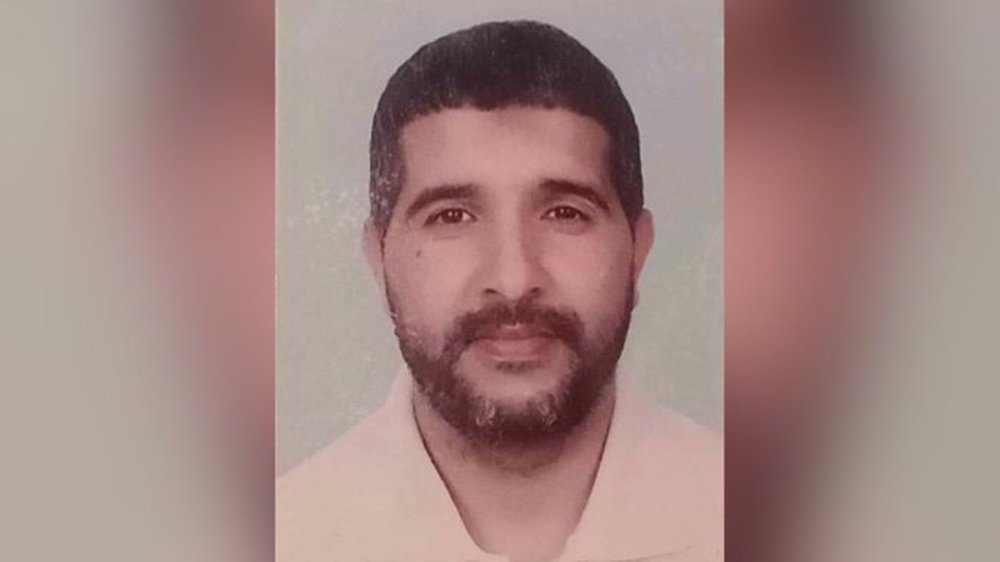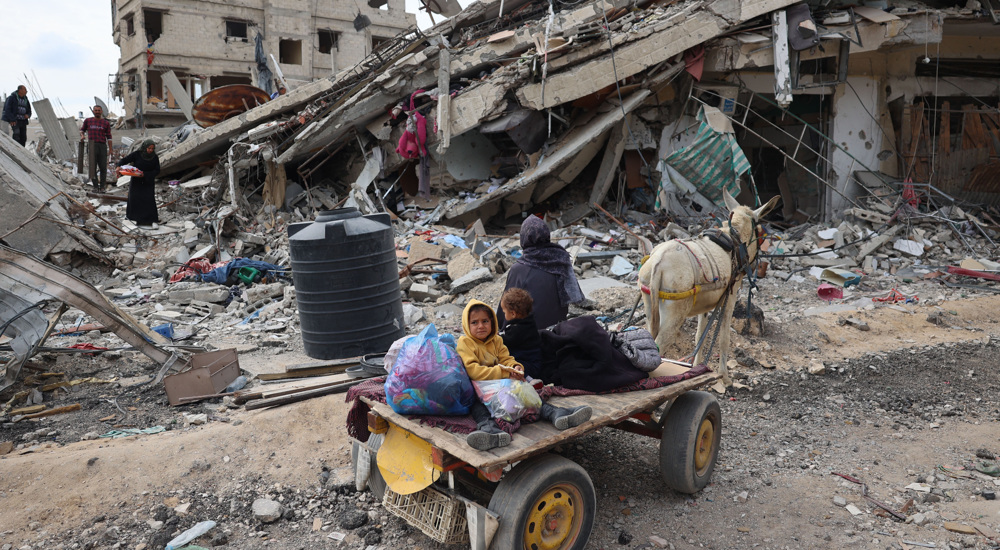Morocco's Islamic PJD party leads liberal PAM in parliamentary polls
Morocco’s Islamic Justice and Development Party (PJD), which has led the monarchy's coalition government for the past five years, is also emerging on top in legislative elections, interim results show.
The PJD reportedly won 99 parliamentary seats during the polls on Friday while the Authenticity and Modernity Party (PAM) captured 80, according to the latest results released by the Interior Ministry. Some 90 percent of the ballots have been counted so far.
This is while the Istiqlal (independence) Party, which historically struggled for independence from colonialist France, stands in third place by gaining 31 seats, followed by several smaller parties.
Only 43 percent of the eligible voters, or nearly 6,750,000 people, took part in the polls, said Morocco’s Interior Minister Mohamed Hassad in a press briefing in the capital Rabat, amid allegations of election fraud.

Hassad described the voting as "transparent" and insisted that it had gone well, rejecting allegations of voter fraud announced earlier in the day by the parliamentary majority PJD party, which accused the kingdom’s authorities of favoring its liberal rivals.
The final result of the polls is expected to be announced on Saturday as the PJD enjoys a comfortable lead and appears highly likely to lead the next government.
The PJD came to power in 2011 months after huge street protests nationwide, which had been inspired by a wave of popular uprisings against ruling dictators throughout the Arab world, forced Morocco’s monarch to submit to concessions.
A new constitution in the country transferred some of the king's powers to parliament, at a time when repressive Western-backed regimes were falling in Tunisia, Egypt and Libya.
While in the government, the PJD-led legislature passed a controversial reform law of the retirement system and followed a relatively liberal economic policy amid a global economic depression and a drought that hit Morocco’s vital agricultural sector early this year.
VIDEO | Iran’s top universities offer free tuition to expelled US student protesters
VIDEO | Press TV’s news headlines
VIDEO | Grossi calls for further Iran-IAEA cooperation
VIDEO | Putin sworn in as Russian president for 5th term
VIDEO | Syria holds conference on solidarity with Gaza, global youth awakening
VIDEO | Oxford, Cambridge join Palestine solidarity encampments
Egyptian group kills 'Israeli agent' in Alexandria
Iraq resistance strikes in Israeli port city













 This makes it easy to access the Press TV website
This makes it easy to access the Press TV website